Farmers prepare for legal fight over carbon capture plan
Farming advocacy groups are preparing to take legal action against a proposed carbon project, fearing it will put the nationally significant underground water supply at risk.
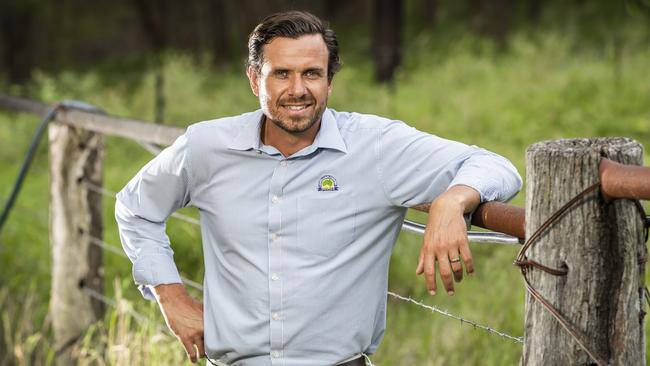
Farming advocacy groups are preparing to take legal action against a proposed carbon capture and storage project that would cache liquid carbon dioxide in the Great Artesian Basin, fearing it will put the nationally significant underground water supply at risk.
The Queensland government is considering an environmental impact statement by a subsidiary of Swiss mining giant Glencore for a scheme trialling the storage of CO2 from a coal-fired power station and injecting it deep underground.
Liquefied CO2 captured at the Millmerran power station, west of Toowoomba in southern Queensland, would be trucked to a storage well near Moonie on the agricultural-based Darling Downs.
The National Farmers Federation has joined a chorus of farmers, agricultural companies and industry advocates calling for the government to reject the application by Carbon Transport and Storage Corporation.
AgForce chief executive Michael Guerin said the Queensland farming peak body was prepared to fight the proposal in the courts.
“At the moment we’re working very actively with the areas of government responsible,” he said.
“We are considering legal options. And Glencore needs to be clear about our intentions – if need be we will take this all the way to the High Court.”
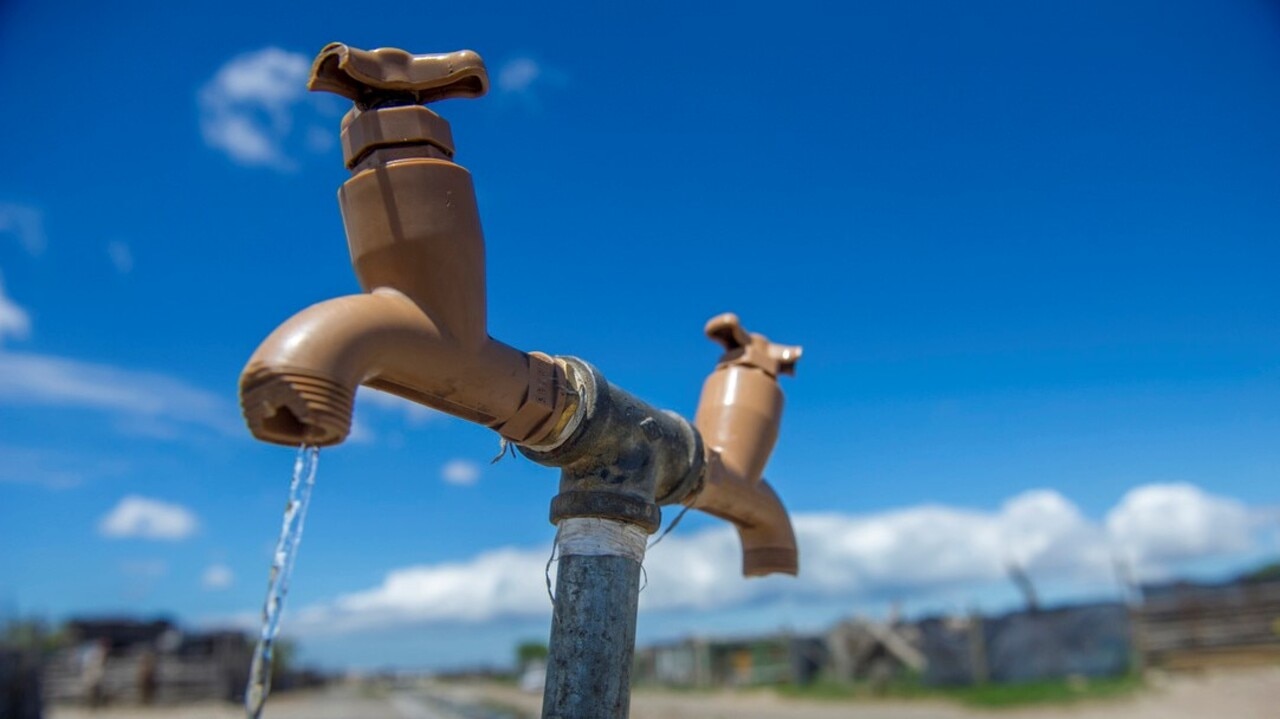
Anthony Lee, CEO of Queensland beef operation Australian Country Choice, a major supplier to Woolworths, told The Australian he was against the proposal because of risks it posed to the Basin, which covers 22 per cent of the continent and is the only permanent freshwater source for many inland communities.
ACC has land and a 30,000 head feedlot near the Moonie site and the company’s cattle drink water from the aquifer that would be used to store the CO2.
“We are concerned this might be just the beginning, that the aquifer would be used to dump not only Glencore’s waste but also that from multiple power stations within the project region – because that is exactly what Glencore suggested in its environmental impact statement,” Mr Lee said.
“Our hydrogeologist is saying it will change the chemistry of Australia’s greatest water asset.
“The anticipated seven-year lifespan of this project is dwarfed by the multi-generational damage it will impose. No similar method has been used anywhere else in the world. Australia’s most precious water resource should not be used for this lowest-possible-cost dumping trial.”
ACC’s three feedlots and most of its grazing properties are completely reliant on groundwater sourced from basin aquifers.
Mr Lee called on the state government to reject the proposal and investigate other options away from the basin.
NFF president David Jochinke said there were concerns about the corrosive nature of the CO2 fluid injected into the aquifer and the prospect of dramatically increasing acidity in the groundwater leading to leaching of heavy metals in the soil.
“This is in a region renowned for producing safe, high-quality beef,” Mr Jochinke said. “We simply cannot risk the health of the Basin or the health of this important source of farming water.”
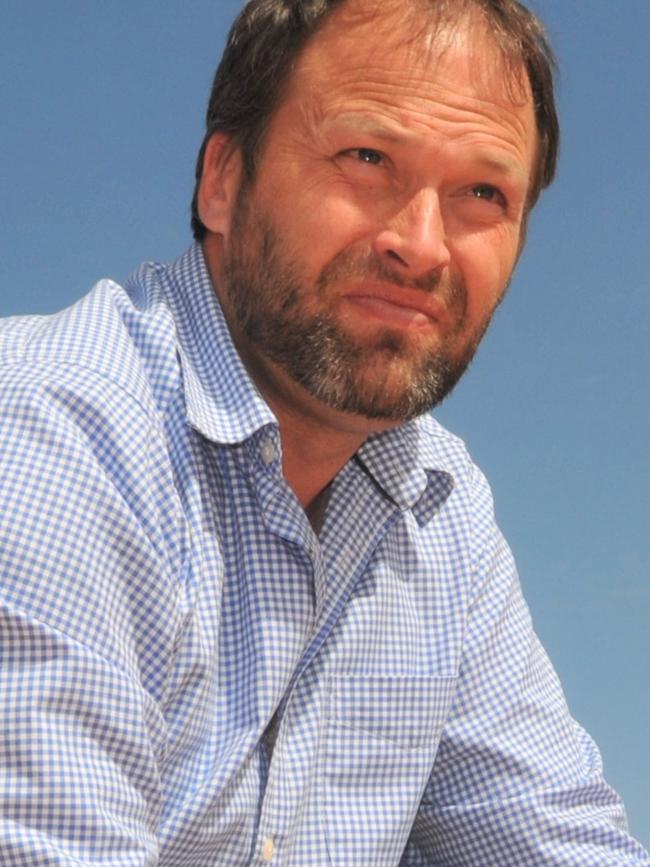
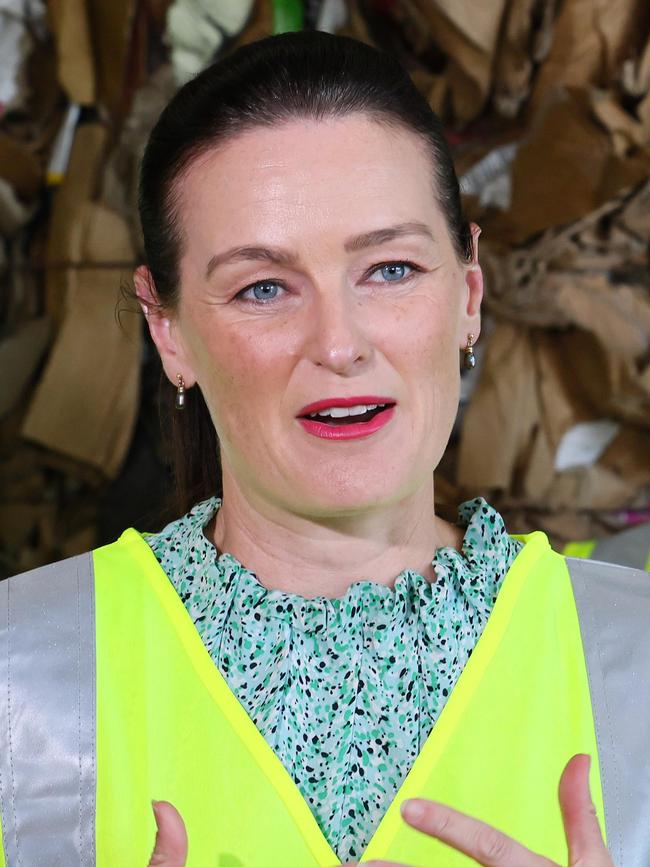
Glencore labelled Mr Jochinke’s comments “irresponsible and misleading” and said he ignored the science behind the project. “The CTSCo project is based on robust scientific fieldwork, data and analysis and has involved review from expert third-party institutions,” the company said.
The Queensland government is expected to make a final decision on the EIS in February.
“The Department of Environment and Science, as Queensland’s independent environmental regulator, is currently assessing an environmental impact statement for the proposed Surat Basin Carbon Capture and Storage Project. As is appropriate, this assessment is occurring independent of me as minister,” Environment Minister Leanne Linard said.
“There are strict regulatory requirements associated with the assessment of carbon capture and storage projects in Queensland under the Environmental Protection Regulation 2019.”


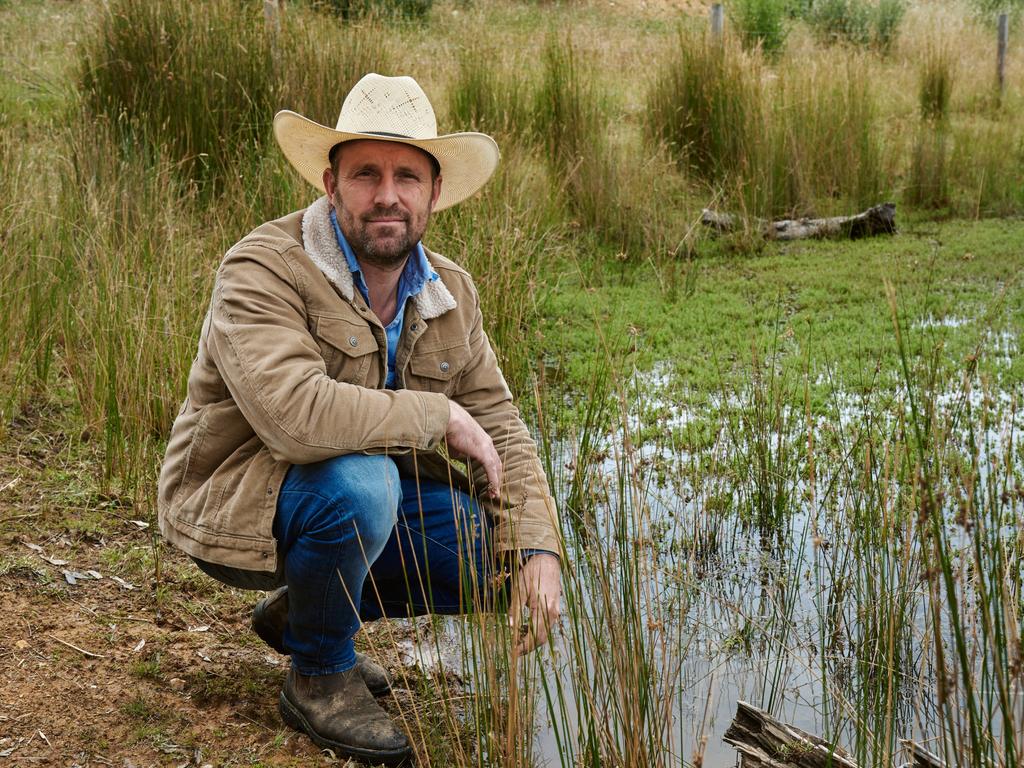





To join the conversation, please log in. Don't have an account? Register
Join the conversation, you are commenting as Logout